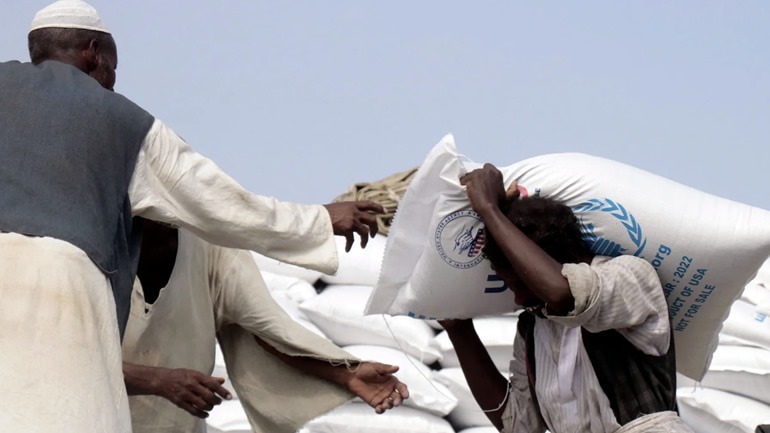
Recent aid cuts by the United States and the European Union are having a major impact in Africa, especially among the poorest countries. The Trump administration's decision to abruptly dismantle the United States Agency for International Development (USAID) has eliminated more than 5,000 development programmes worth approximately $75.9 billion, with alarming consequences for health, nutrition and the economy.
As a result of these cuts, Africa is expected to face an increase in the number of millions of people living in extreme poverty, serious setbacks in the fight against HIV/AIDS and a significant weakening of democratic institutions. Europe is also cutting aid to prioritise defence spending, further exacerbating the situation.
However, some see this crisis as an opportunity for Africa to break its historical dependence on foreign aid. Voices such as Kenyan commentator Patrick Gathara and academic Nic Cheeseman advocate greater citizen pressure, the fight against corruption and a restructuring of public spending. Even so, experts such as Jakkie Cilliers warn that replacing aid with trade and investment will be a long and complex process, especially for poorer countries that barely participate in global trade.
While some European funds could partially fill the vacuum left by the US, the shift also opens the door to influences from countries with authoritarian models such as China, Russia, Saudi Arabia and the United Arab Emirates.
Ultimately, Africa faces a crucial moment: the continent can use this juncture to strengthen its financial and political autonomy, but doing so will require profound reforms, political will and sustained domestic support.
Source: issafrica.org 04/04/2025
